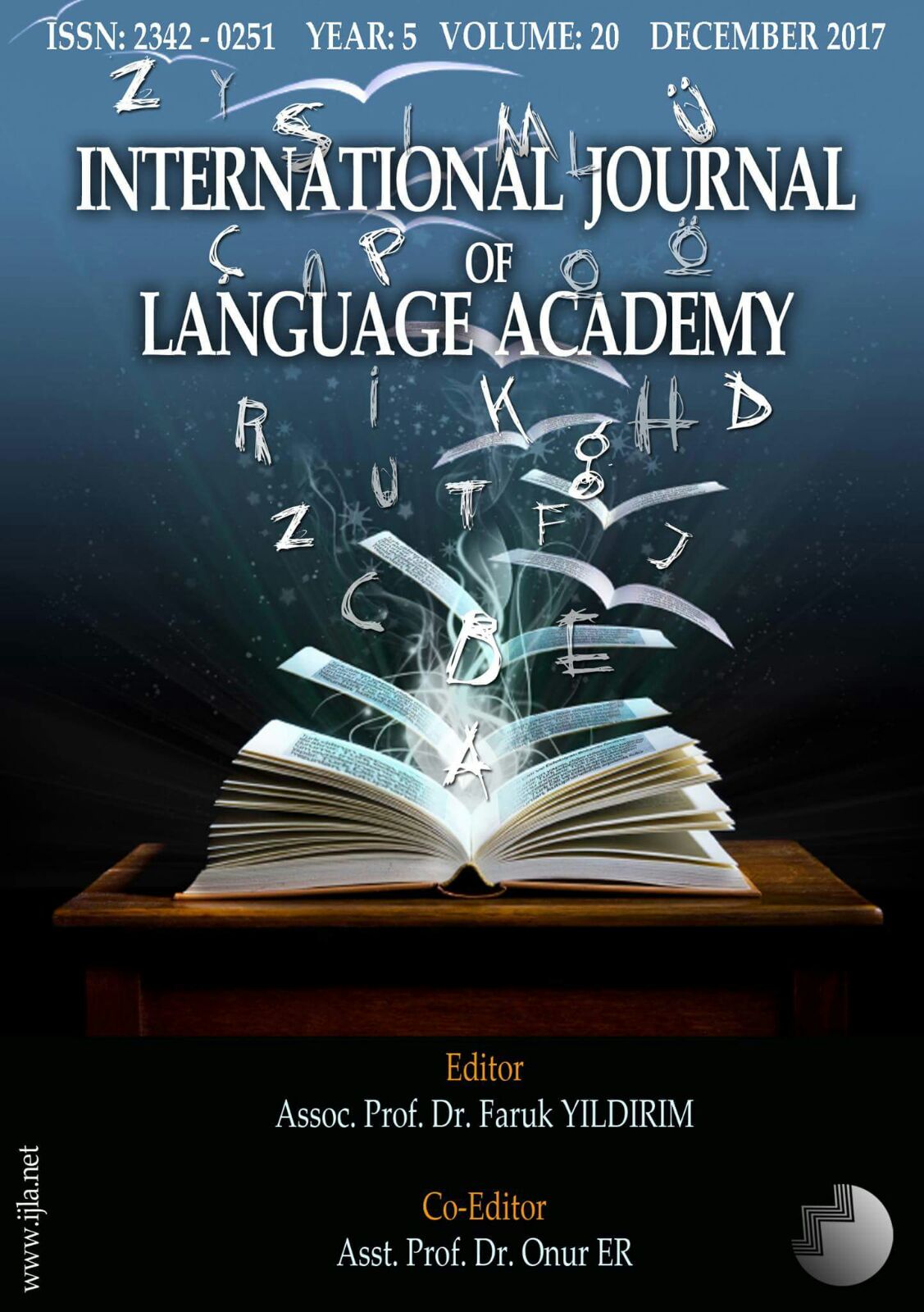Author :
Abstract
İnsanın fıtratında var olan aşk, evrensel bir olgunun adıdır. İnsanın iradesini elinden alan aşırı sevginin adı olan aşk ve aşka dair düşünceler, toplumdan topluma farklılık arz eder. Bazı toplumlarda âdeta kutsanan aşkın bazı toplumlarda dışlandığı görülür. Fakat pek çok milletin kültür ve edebiyatında aşk düşüncesi, dinî ve mistik unsurlarla birleşip renkli ve canlı tablolar oluşturur. XX. yüzyılın önemli İspanyol düşünürlerinden Jose O.Y. Gasset, Türkçeye Sevgi Üstüne adıyla çevrilen eserinde, sevgi ve aşk kavramlarını çeşitli yönleriyle irdelemiş, önemli ve ilginç tespitlerde bulunmuştur. Gasset’in Sevgi Üstüne adlı eserindeki sevgi ve aşka dair tespitlerle aşk eksenli klasik Türk şiirinde dile getirilen aşk düşüncesi arasında çarpıcı benzerlik ve ilgiler göze çarpmaktadır. Bu sebeple Gasset’in aşka dair tespitleriyle klasik Türk şiirinde dile getirilen aşk anlayışının mukayesesi önem arz etmektedir. Bu çalışma kapsamında Gasset’in Sevgi Üstüne’de dile getirdiği aşk düşüncesi ile âşıkane şiirin önemli temsilcisi Fuzûlî’nin Dîvân’ı ile Leylâ vü Mecnûn’undaki aşk anlayışının kesiştiği noktalar üzerinde durulacaktır.
Keywords
Abstract
The love that exists in human nature is the name of a universal phenomenon. Love, the name of extreme love that takes the will of man, and thoughts about love differs from society to society. Love is blessed in some societies, while in others it is excluded. But in many cultures and literatures of nations, thought of love merges with religious and mystical elements and creates colorful and vibrant paintings. Gasset, one of the most important Spanish thinkers of the 20th century, in his book translated into Turkish by the name of Sevgi Üstüne, explored the concepts of affection and love in various ways and found important and interesting findings. Among determinations about love and affection In Gasset’s Sevgi Üstüne and love thought expressed in love-oriented classical Turkish poetry, striking similarities and relations are attract the attention. For this reason, Gasset's determinations about love and the comprehension of love thought expressed in classical Turkish poetry are important. In this scope of work, Intersection points of thought of love that Gasset expressed in Sevgi Üstüne and conception of love in Fuzûlî's Dîvân and Leylâ vü Mecnûn will be emphasized.





